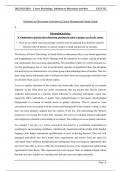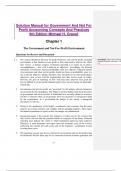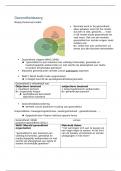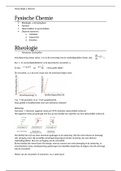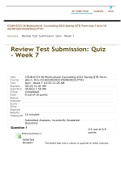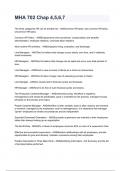Exam (elaborations)
Pass Solutions to Discussion Activities in Chapter 1 - Career Management Study Guide
- Course
- Career Management (EZZV332)
- Institution
- Nelson Mandela Metropolitan University (NMMU)
The following document prepares you in the formation of how you'd structure your answers concerning questions you might find in your essay questions in your exams.
[Show more]
